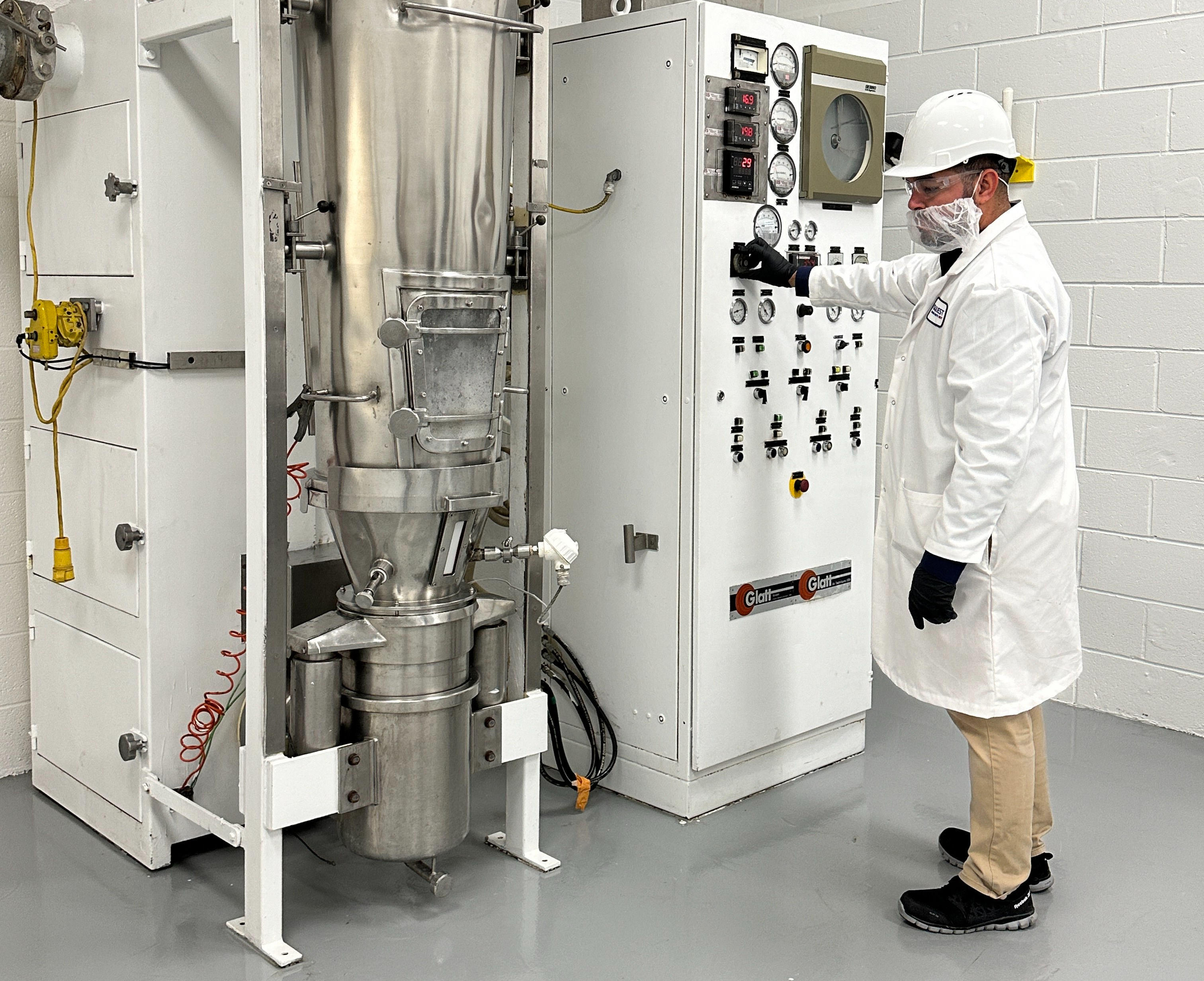City of Industry, CA—New research published in the Journal of Neuroscience could indicate that higher levels of magnesium in the brain may support brain health.
A research team from several Chinese universities and the Center for Learning and Memory in Austin, Texas conducted a small-animal study using a proprietary magnesium-L-threonate (MgT) compound (Magtein, from AIDP, Inc., based here). The group found that MgT-treated mice had less amyloid-beta plaque in the brain and memory loss, and was effective for 16 months. Elevated levels of amyloid-beta plaques in the brain are associated with Alzheimer’s disease. Of note, the MgT treatment was effective even with mice at the end of their Alzheimer’s disease-like progression.
The group believes that MgT works by upregulating certain types of neurodegenerative signaling and downregulating specific proteins that are commonly elevated in those with Alzheimer’s disease. Say the researchers, “Our results suggest that elevation of brain magnesium exerts substantial synaptoprotective effects in a mouse model of AD and may have therapeutic potential for treating AD in humans.”
Published in WholeFoods Magazine, September 2013 (online 7/2/13)










